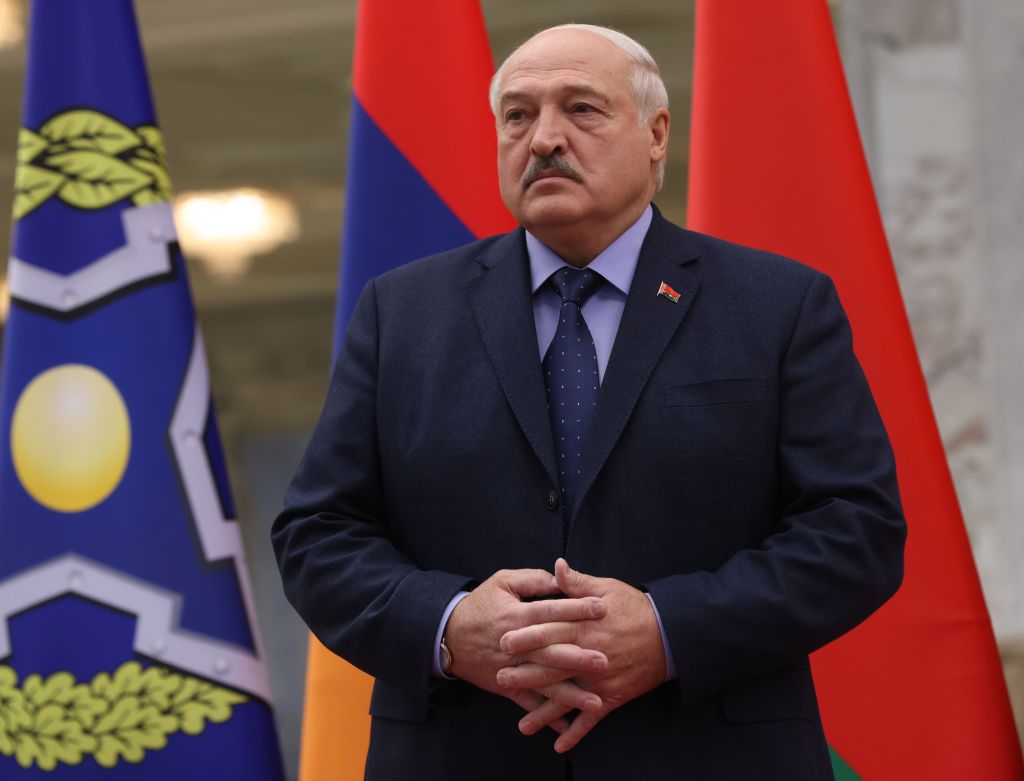Lukashenko approves amendments on Belarus' presidency law

Belarusian dictator Alexander Lukashenko approved amendments to the law on the Belarusian presidency on Jan. 3, guaranteeing immunity for any former president of Belarus and introducing stricter rules on who is eligible to become president.
Lukashenko has been the only president of Belarus since he came to power in 1994, in what is widely considered the first and last time free elections were held in the country since the dissolution of the Soviet Union.
He declared himself the winner of the August 2020 presidential elections, which no independent observers were able to attend and were followed by a brutal clampdown on pro-democracy protesters. The results were declared fraudulent by the U.S. and EU.
Sviatlana Tsikhanouskaya, who ran against Lukashenko and was considered to have won the popular vote, was forced out of the country and lives in exile. She was sentenced in absentia to 15 years in prison in March 2023.
The changes to the law mean that a presidential candidate must be a Belarusian citizen over the age of 40 who has permanently resided in Belarus for at least 20 years before the elections. A Belarusian with a foreign nationality or a foreign residence permit is now barred from election.
The law also grants immunity from prosecution for the Belarusian president after his departure from the post.
Immunity is additionally granted to the family members of a former president. The president and the president's family will maintain access to the same level of medical care, state security, and transportation even after the president leaves office.
The former president will receive a monthly allowance equal to 100% of the president's wage, lifelong state pension, insurance, and medical coverage, and an option to obtain ownership of a chosen state-owned residence.
After leaving the presidency, a former president is also granted a lifelong seat in the upper house of the parliament.
The amendments to the law on the Belarusian president bring it into line with changes made to the country's constitution that were made after a contested referendum held on Feb. 27, 2022. The Belarusian Parliament passed the bill on Dec. 22, 2023.














